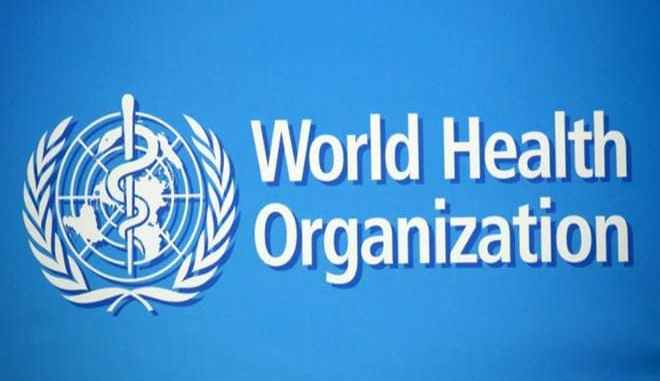
The World Health Organisation (WHO) has said misinformation remained a bigger threat to COVID-19 response efforts in Nigeria.
The global health body then, tasked health journalists to always equip themselves with relevant knowledge and information to ensure proper reporting.
Speaking during a two-day annual conference of the Association of Health Journalists (ANHEJ), in Nasarawa state, Thursday, the WHO Health Emergency Information & Risk Assessment (HIM), Lead, Dr Geoffrey Namara, said, effective communication remained a vital tool that guides the public towards appropriate services and treatment.
In his presentation titled: “Understanding key outbreak metrics for accurate reporting”, Dr Namara said, it was unfortunate that conspiracy theories, misinformation and other factors were preventing most Nigerians from accepting the vaccines.
He urged health journalists to use the platform to brain storm with critical stakeholders on relevant information that will convince Nigerians to accept the COVID-19 vaccines.
He said, “Public health is key in community awareness and the media plays a vital role in reaching the communities.
“Effective communication guides the public towards appropriate services and treatment which helps to prevent or reduce the spread of the disease.
“Misinformation poses a great threat to response efforts and Journalists must be equipped with relevant knowledge to ensure proper reporting in a health emergence.”
He added that the without testing data, effort to eliminate the pandemic will not be achieved.
Also speaking, the President, Association of Nigeria Health Journalist, Hassan Zaggi, in his welcome address said though the Federal Government is making efforts to achieve immunity against COVID-19, some are working hard to frustrate the efforts.
He said, as critical stakeholders in the sector, the conference will accord the opportunity to interact on the uptake of the COVID-19 vaccine.
“Colleagues, you will agree with me that issues surrounding the uptake of COVID-19 vaccine have been source of concern to us due to vaccine hesitancy arising from several factors.
“Some of these factors include conspiracy theories on the safety of the vaccines, fear of the unknown, false and misinformation on social media platforms amongst others.
“This, has, however, led to foot-dragging by most Nigerians to uptake the vaccine despite all sincere efforts by the government.
“As journalists covering the health sector, we are deeply worried by the way most Nigerians are not willing to uptake the vaccine even though the country has been applauded globally for its effort in COVID-19 vaccine roll out.
“We are also concerned that if urgent actions are not taken, the federal government’s target to vaccinate 55 million residents of Nigeria by the end of January, 2022, which is 50% of the target population, may not be visible.
“In the next two days, we will channel our energy towards finding workable strategies on how health journalists can convince Nigerians to take the COVID-19 vaccines,” he said.
BLUEPRINT







































